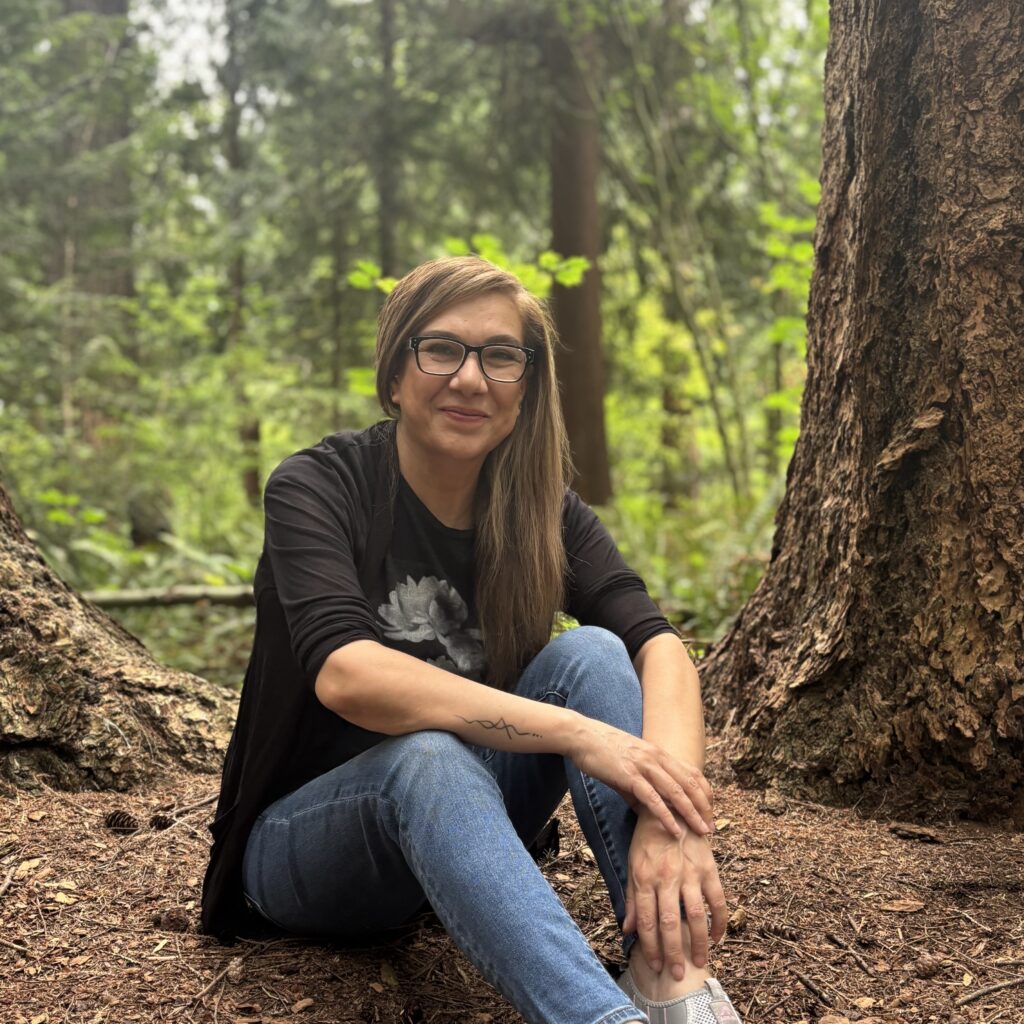My Story
I am a cisgender, heterosexual, woman of colour, and an immigrant on unceded traditional territories of the xʷməθkʷəy̓əm (Musqueam), Sḵwx̱wú7mesh (Squamish), and səlilwətaɬ (Tsleil- Waututh) Nations. I was born in Afghanistan, but my childhood was defined more by movement than by place. As conflict deepened in my homeland, my parents—driven by the dream of giving their five children a safer future—made the painful decision to leave everything behind. Our journey to safety began in Pakistan and later took us to India—years marked by uncertainty, constant adaptation, and the quiet resilience that comes from living in displacement. After a long wait and countless applications through refugee and immigration channels, we moved to Canada through family sponsorship. We started over in North York, Ontario, holding on to the prospect of stability at last. In the early 1990s, we moved again—this time to British Columbia—where we planted new roots and began to rebuild our lives. These formative experiences have profoundly shaped my identity, instilling in me a deep appreciation for resilience, the strength of community, and the enduring hope for new beginnings. My lived experiences have deeply shaped my worldview, anchoring me in anti-war, anti-colonial, and anti-racist activism. I hold fast to the conviction that no person is illegal, and I reject the colonial, white-supremacist, capitalist, and patriarchal systems that drive global crises through war, occupation, and exploitation of land and resources.
My background is in support work and counselling for survivors of sexual assault. For 20 years, I worked at a rape crisis centre in Vancouver, offering frontline support to individuals impacted by sexualized violence, abuse, relational and intimate partner violence. This work has been the foundation of my deep commitment to justice, healing, and trauma-informed care. I’m a proud mother to two remarkable teenage daughters who are the light and centre of my world. Alongside my five inspiring nieces, they motivate me every single day to show up with
kindness, compassion, and courage—to grow, to lead, and to serve with intention. I hope to help create a world where anyone reaching out for support is met with safety, dignity, and genuine care.
